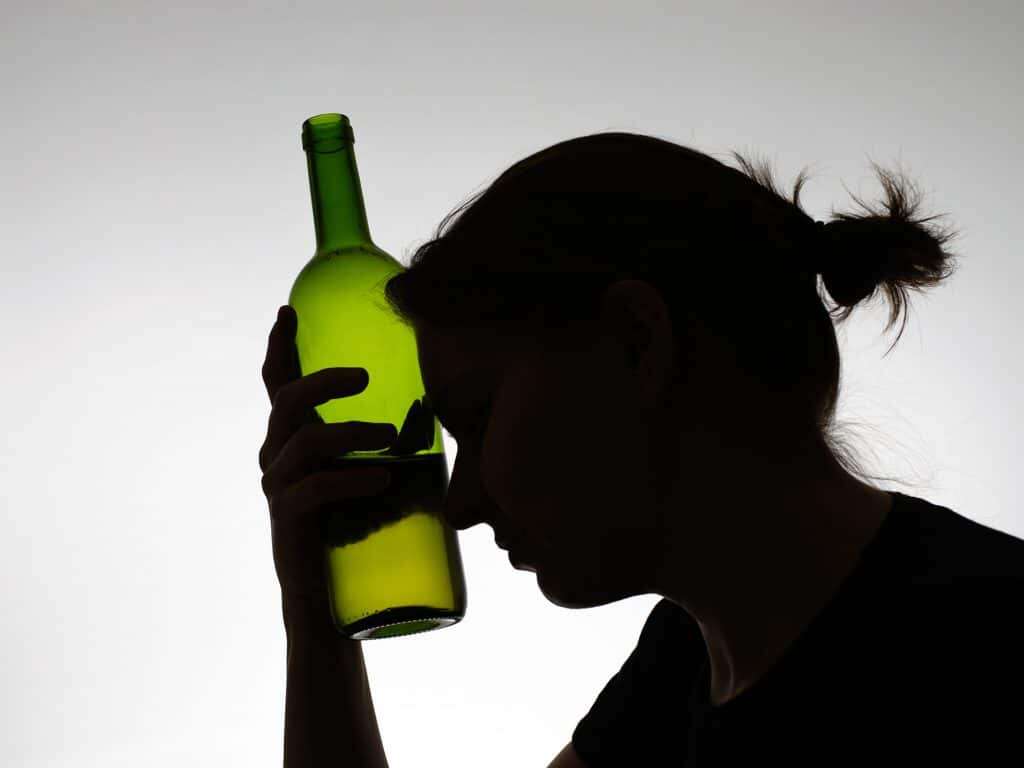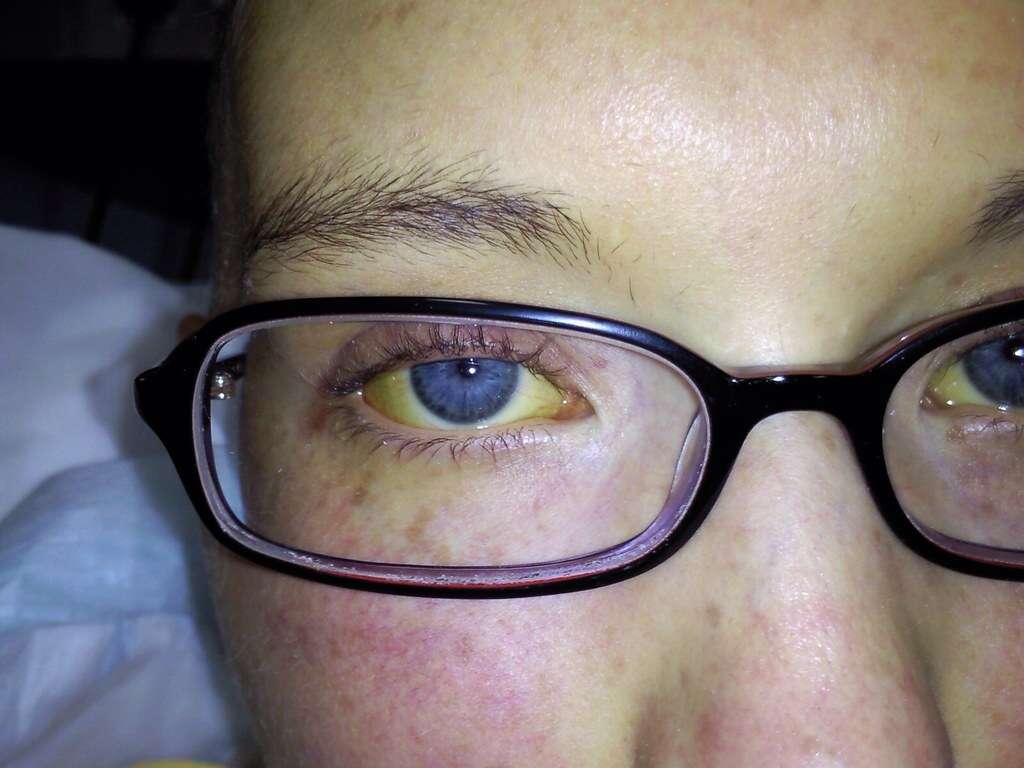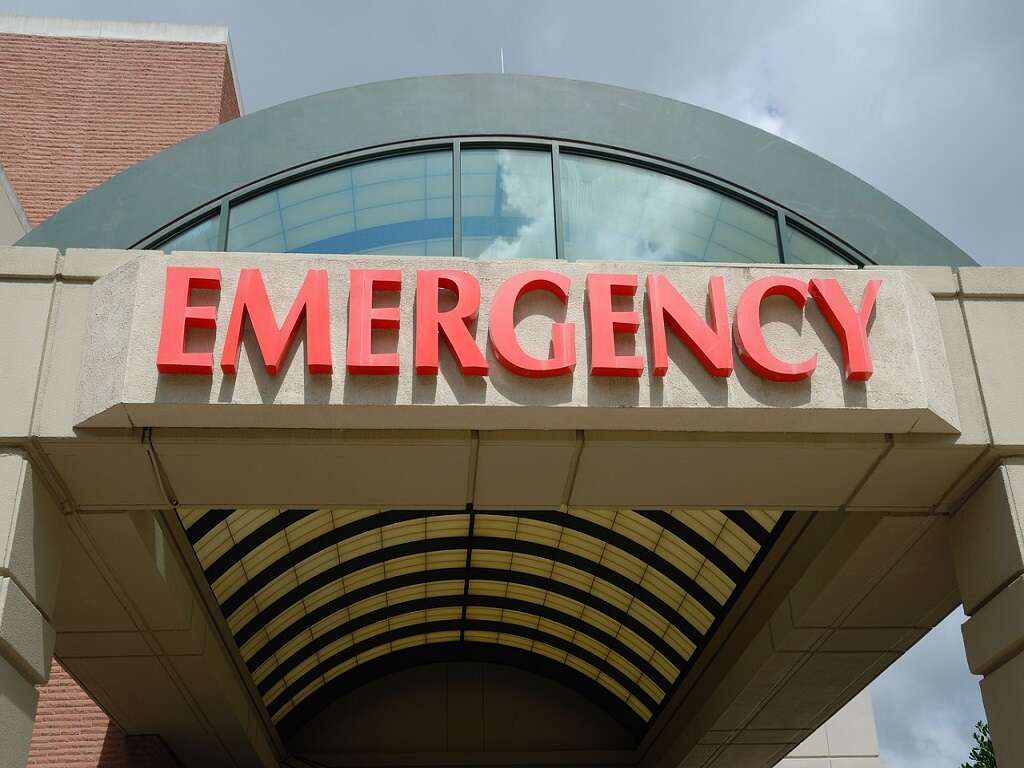10 Alcohol Poisoning Symptoms
6. Slow Breathing
The normal respiratory rate varies in a healthy adult at rest, but it usually stays between 12-20 respirations per minute. A respiratory rate below this limit defines slow breathing, also known as bradypnea. As a consequence of slow breathing, the ventilation in the lungs will be insufficient to carry out the pulmonary gas exchange that the body requires, leading to many complications. Furthermore, slow breathing can be a sign of respiratory depression. This happens to be a common side effect of many substances that suppress certain central nervous system functions. These include opiates (i.e. heroin), benzodiazepines, and barbiturates.
Ethanol poisoning can induce slow and irregular breathing because it is a central nervous system depressant as well. As previously mentioned, ethanol can cause respiratory depression by binding directly to inhibitory receptors in the CNS, known as GABA receptors. Specifically, respiratory depression can be attributed to the actions of ethanol on the brainstem, which is responsible for the control of automatic life-sustaining functions (i.e. breathing). Respiratory depression can progress to respiratory failure (breathing stops); thus, it constitutes a serious and lethal complication of alcohol poisoning that must be treated promptly. Note that ethanol’s actions over the CNS can be potentiated by other drugs. Thus, if you are helping a person that has alcohol poisoning and has abused other drugs, be sure to notify their healthcare provider.
Advertisement












